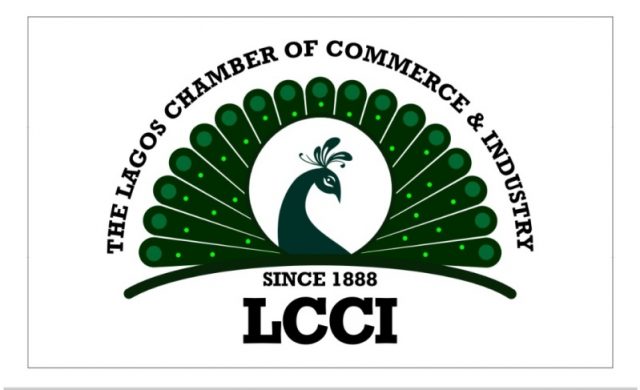WED 19 JAN, 2022-theGBJournal- Ashiwaju (Dr) Michael Olawale Cole, President and Chairman of Council of the Lagos Chamber of Commerce and Industry (LCCI) opened the conversation Tuesday on 2022 Budget Analysis Session hosted by the Chamber with emphasis on what the figures and policy statements mean for businesses policymakers, and investors.
The theme: “Budget Analysis for Business Intelligence”
Dr Cole said, the essence of hosting the budget analysis session is to facilitate conversations and share perspectives from diverse sectors of the economy on the details of the budget and what they mean for business in 2022.
‘’Additionally, this session aims to enlighten stakeholders, corporate and business executives on how the budget will likely impact each sector and industry of the economy, and how they can explore the opportunities for profitability and sustainability.’’
The 2022 Federal Government Budget tagged “Budget of Economic Growth and Sustainability”, was signed into law on 31st December 2021, in continuation of the federal government’s efforts to normalize the January-to-December budget cycle.
The Federal Government plans to spend the sum of N17.13 trillion in 2022, an 18-percent increase from the sum of N13.59 trillion planned for 2021.
‘’This budget size reaffirms the commitment of the government to pursuing an expansionary fiscal policy to stabilize growth and deepen the diversification of the Nigerian economy’,’’ Dr Cole noted.
He highlighted some key performance indicators of the 2021 budget to provide some context.
-As of November 2021, FGN’s aggregate revenue was N5.51 trillion (this is 74% of the target).
-FGN’s share of oil revenues was N970.3 billion (representing 53% performance of theprorated sum in the 2021 budget).
-FGN share of non-oil tax revenues totaled N1.62 trillion (118.8% over and above thetarget).
-As of November 2021, N3.40 trillion had been expended for capital. Of this, N2.98 trillion represents 83% of the provision for MDAs’ capital, N369.9 billion for Multi-lateral / Bilateral Project-tied loans, and N49.52 billion as GOEs capital expenditure.
Looking at the 2022 Aggregate FGN Expenditure of N17.13 trillion, recurrent (non-debt) spending, is estimated at N6.91tn, which is 40% of total expenditure, and 20% higher than the 2021 Budget.
Dr Cole said the government needs to watch the rising recurrent (especially personnel) expenditure. ‘’It is more sustainable to empower the private sector to create jobs while the government creates a thriving business environment.’’
The capital expenditure of N5.96tn is 35% of total expenditure while the debt service provision of N3.61tnis 21% of total expenditure, and 34% of total revenues.
‘’This leaves us with a deficit of N6.39 trillion, representing 3.46% of our GDP. With the deficit financing to come from borrowing, the Chamber wishes to reiterate our concerns about debt costs. We need to re-assess our debt sources to borrow at lower rates or access more zero-interest loans like the Sukuk.’’
‘’The revenue and capital expenditure performance of the 2021 budget indicates the fiscal resilience of the Nigerian economy. This should be consolidated for better outcomes in the 2022 fiscal year. A higher non-oil revenue projection in comparison to oil revenue if effectively implemented and actualized will minimize the impact of external shocks, arising from oil volatility, on the economy.’’
The Keynote Speaker, Mr. Bismarck Rewane CEO, Financial Derivatives Company Ltd. pointed to some sectors he believes will drive growth in 2022 to include ICT, Financial Services, Transport and Construction, Manufacturing, Trade and Agriculture.
On the ICT sector he expects Internet penetration to increase to 150mn. He projected that the emergence of PSBs, fintech revolution, increased broadband penetration will boost Financial Services sector performance. He expects increased CAPEX on road & rail infrastructure and noted that the shift to backward integration will boost raw material supply and change in exchange rate mechanism.
According to Rewane, the Trade Sector will benefit from improved economic activities and he expects the efficient rail system to ease logistics constraints and boost productivity in the Agriculture sector.
He sees Increased partnership and collaborations with telco giants in promoting financial inclusion as well as Increased adoption of mobile payment and growth in e-commerce.
Twitter-@theGBJournal|Facebook-The Government and Business Journal|email: govandbusinessj@gmail.com| info@govbusinessjournal.ng










